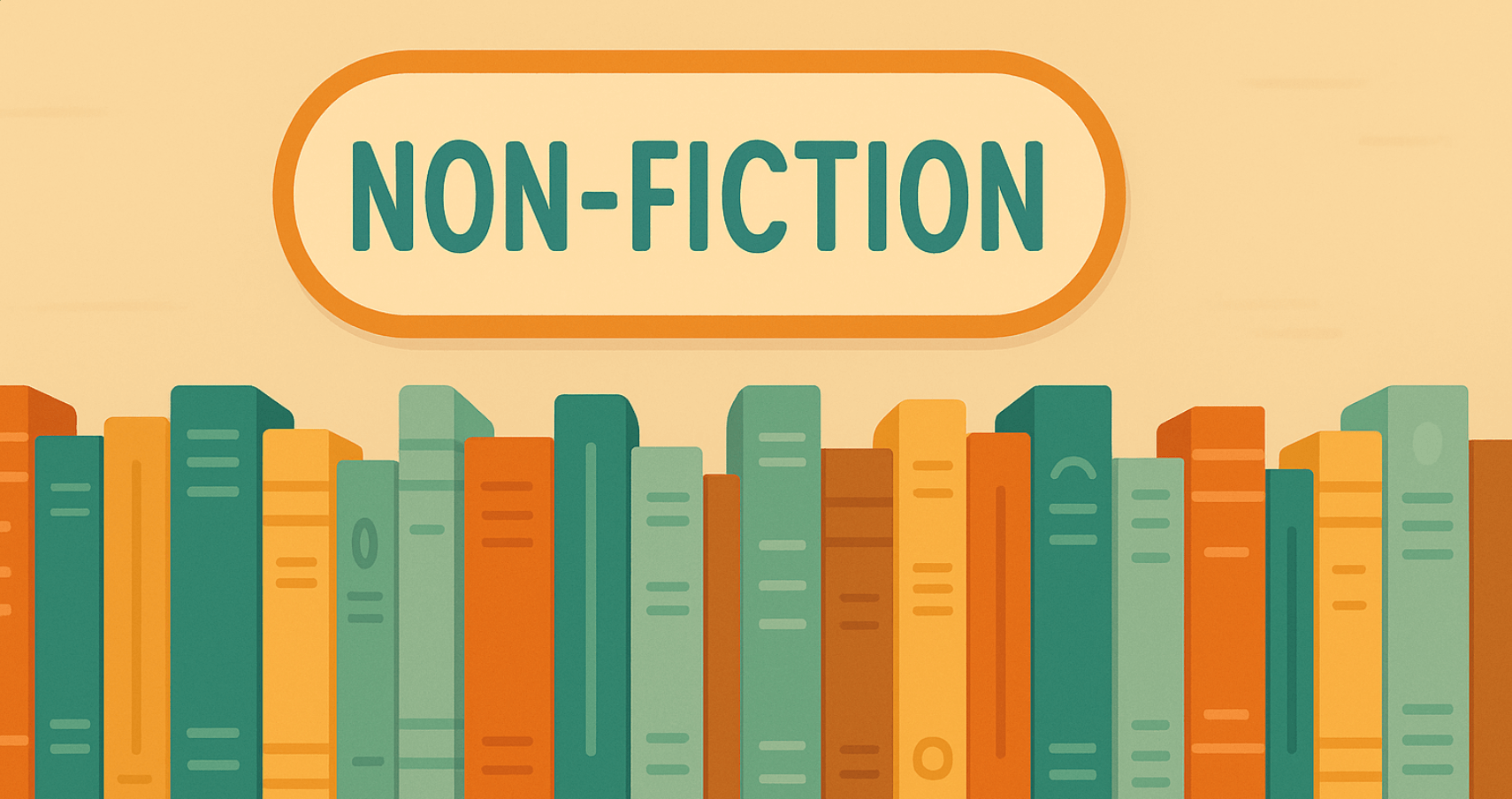In a perfect world, you would never feel the weight of stress, the bitter taste of disappointment or feelings of failure, melancholy, and regret. In reality, no one is exempt from these struggles, but as long as you know how to manage situations that are inherently difficult or uncomfortable, you can endure, or even thrive. There are many tools that may be effective in dealing with these situations or emotions; among the most effective, and possibly life-changing, is writing, often referred to as ‘Writing as Therapy’.
Writing can help relieve the fog or turmoil in your head. Jotting thoughts down can be cathartic, especially if you’ve never admitted something to yourself, before. The act of writing is putting invisible thoughts and concepts into the physical world on paper, and can make those ideas feel more real, more concrete, and potentially more manageable. Writing can also help with
- Organizing your thoughts
- Prioritizing your responsibilities
- Gaining perspective on past events
- Connecting to yourself as author and reader
- Gaining more familiarity with your inner world
If you’re considering using writing as an instrument for healing, you might want to try free writing – writing that isn’t limited to a particular subject or goal. In free writing, there are no rules, and you can be as ridiculous, random, or scattered as you want. You don’t need talent or experience as a writer to do it – you just need to commit to sitting down and putting down whatever thoughts you have. Also known as intuitive writing, it can be a powerful way to unload repetitive thoughts, or get your brain into a logical state so you can figure out something that has been bothering you; by writing, you give your mind permission to digest and rearrange your thoughts and feelings.
Writing as Therapy
Here are some tips on using free/intuitive writing:
- Try to give full freedom to your thoughts and feelings without editing yourself. No one will ever have to read it, not even you.
- You don’t need to write neatly, in full sentences, or even coherent thoughts. If you feel it’s easier to put down single words or images, start there. You can begin by writing in prose and end up writing a poem or a song. There are no rules or limitations, you are guided by what feels good in the moment to jot down.
- Decide before you sit down how long you will devote to writing. When you finally sit down to write, push yourself to keep writing, without stopping, for the whole time. There may be times you feel stuck or like you have nothing to write – you can even write “My head is empty” or “I can’t think of anything”. Eventually, that will make you feel a certain way, and if you put down the way you’re feeling, eventually you’ll get back into a flow.
Ultimately, those who get serious about their writing habits eventually ask themselves the question – is this something I should share or even publish? Of course, the answer is different for everyone, because we all have different comfort levels about how much of ourselves we wish to share publicly. But on the subject of writing as a tool for therapy, know that sharing has the potential to be a great source of healing, in and of itself.
- With the publication of your words, you are no longer alone. Your words will be read and felt by many people, and you may find people responding with praise, thanks, or empathy. Publishing your writing is an act of bravery, and the permission you give yourself to share can have a ripple effect on others who have felt nervous about sharing their own stories.
- Publishing your work is a rite of passage – it symbolizes a physical and emotional release. Things you’ve held onto in solitude are now a part of the world. This can be helpful for letting go of thoughts and feelings you’ve harbored silently for a long time.
Writing is chicken soup for the soul; it facilitates, comforts, and empowers. Set aside a regular day and time to sit down and spill what’s on your mind and heart onto the page, and you may find that the journey of writing is a journey into yourself.











